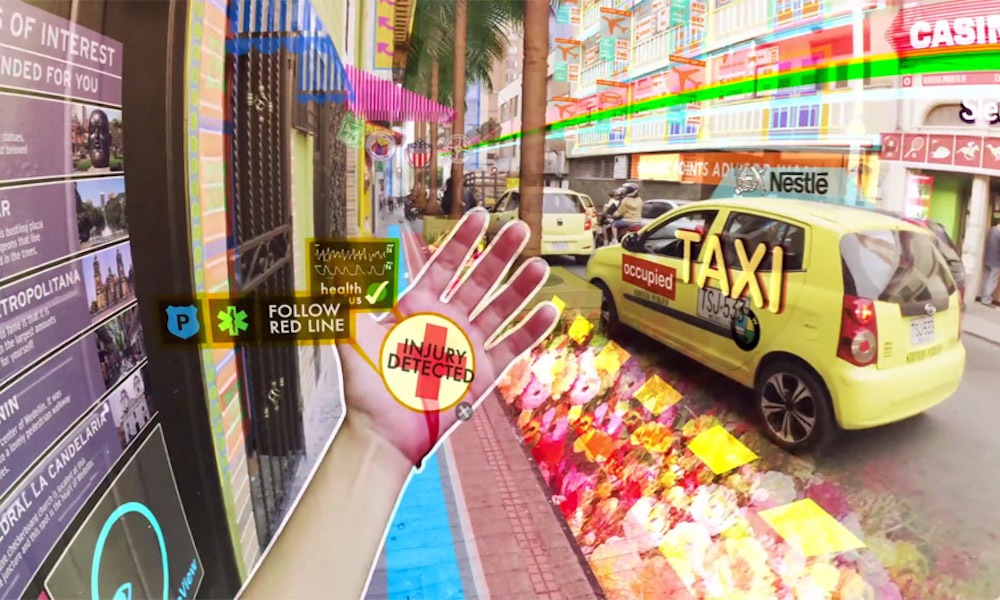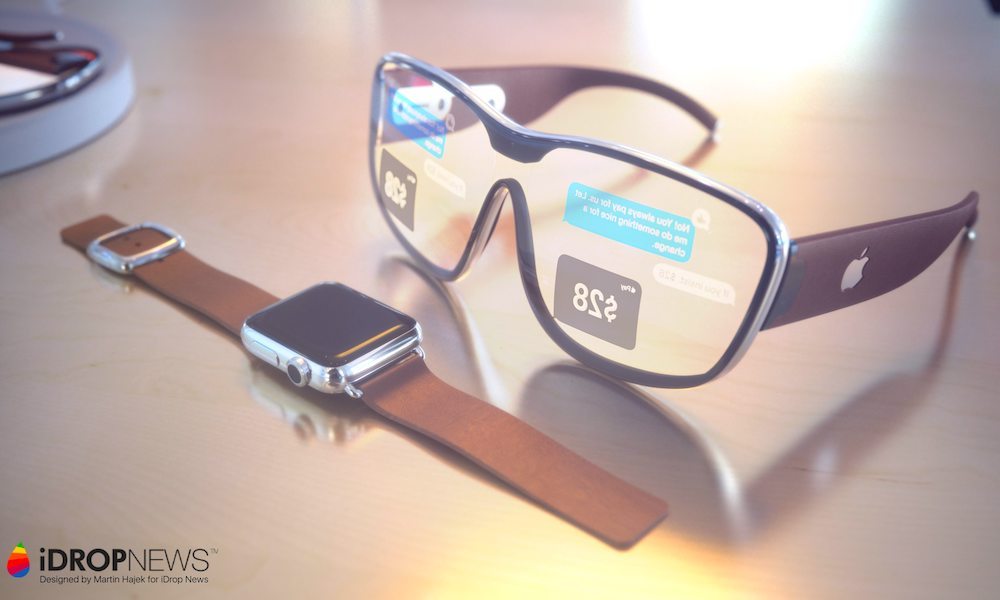How Apple’s Latest Patent Acquisition Could Revolutionize Its Future AR Lineup
 Credit: Keiichi Matsuda
Credit: Keiichi Matsuda
Toggle Dark Mode
Apple has acquired the patent portfolio of a defunct home security camera startup, which could hint at its ambitions across several spheres.
The startup, a company called Lighthouse, was developing security camera systems powered by artificial intelligence. Founded by two self-driving car experts, Lighthouse was shuttered toward the end of 2018 after failing to see commercial success. That could likely be attributed to stiff competition from established players like Ring or Nest.
All in all, Apple acquired eight patent properties. That includes three patents and patent applications related to AI and three related to environment monitoring and video capture technology, according to patent-tracking publication IAM. There are also two pending patent applications related to one of the granted patents.
For a general idea about the patents, just take a look at their titles. “Computer-vision based security system using a depth camera” and “method and system for using light emission by a depth-sensing camera to capture video images under low-light conditions.”
There is a chance that Apple is considering the development of first-party smart home security platforms, but it’s more likely that the Cupertino tech giant has other ideas about Lighthouse’s patents.
Lighthouse’s flagship product was a $299 smart home camera that required a monthly subscription to enable AI features. But Lighthouse’s main draw is fairly interesting when you consider it in the context of Apple’s product lineup.
One of the main features of Lighthouse was the ability to use 3D depth-sensing and facial recognition to remember homeowners, family members, and friends who visit frequently. It could, for example, send an alert to a homeowner’s phone when a family friend arrived at the house.
Other capabilities, like the ability to filter out pet movement or camera noise to mitigate false positives, could also boost Apple’s own 3D-sensing, facial recognition and camera tech.
The TrueDepth camera relies on a depth-mapping laser system. But Apple is also rumored to be developing a longer-range system for the rear-facing camera on its iPhone. In addition to facial recognition, this 3D laser camera could seriously boost the augmented reality capabilities of future Apple devices.
When you consider rumors of a first-party augmented reality headset, it’s clear just how neatly Lighthouse’s patents may fit into an AR-dominated Apple lineup.
Of course, Apple routinely snaps up smaller companies and makes patent purchases like these. Because of that, these types of low-profile acquisitions aren’t always the best indicator of the firm’s future plans.
On the other hand, if you look at acquisitions like Siri, it’s clear that some of these smaller deals can end up as core components of the Cupertino tech giant’s product lineup.
Apple apparently purchased the patent portfolio sometime in 2018, but the change of ownership wasn’t revealed until the U.S. Patent and Trademark Office recently updated its data.
If you’re curious, you can view the patents below.
- Patent No. 9,396,400 (Related pending applications: here and here)
- Patent No. 9,965,612
- Patent No. 10,009,554
- Patent Application 20180374325
- Patent Application 20180246964
- Patent Application 20180367962







